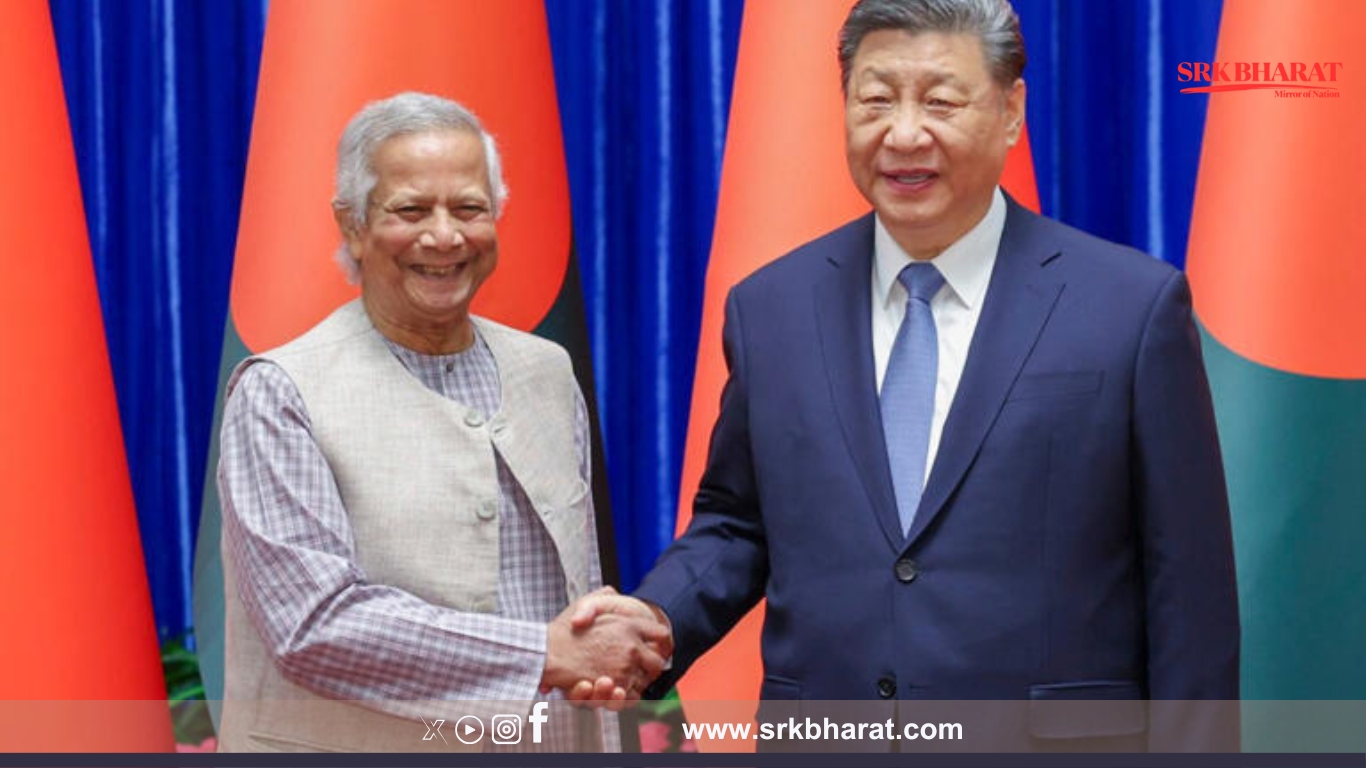China’s growing engagement with Bangladesh under Chief Advisor Muhammad Yunus has sparked concerns in Indian strategic circles, particularly over reports that Beijing is eyeing the Lalmonirhat air base, located near India’s Siliguri Corridor, a critical gateway to the Northeast.
China’s Renewed Interest in Lalmonirhat Air Base
The World War II-era air base in Lalmonirhat, Bangladesh, lies just 20 km from India’s border and has historically been a strategic location for military operations. While previous Bangladeshi governments resisted Chinese involvement, Yunus’s administration has reportedly reopened discussions on potential Chinese investment in the site.
Strategic Implications for India
The Siliguri Corridor, often referred to as India’s Chicken’s Neck, is a narrow 20-km-wide strip connecting mainland India to its Northeastern states. Any Chinese presence near this corridor could pose security risks, prompting heightened vigilance from Indian defense agencies.
Bangladesh-China Economic Cooperation Expands
Beyond military concerns, Yunus has also proposed an integrated economic plan involving Bangladesh, Nepal, Bhutan, and India’s Northeast, aiming to boost trade and infrastructure development. His recent visit to China included discussions on special economic zones, agricultural trade, and hydropower collaboration.
India’s Response and Regional Concerns
Indian officials are closely monitoring China’s increasing footprint in Bangladesh, particularly in strategic infrastructure projects like the Teesta Barrage. Experts warn that Beijing’s growing influence could reshape regional power dynamics, affecting India’s security and economic interests.
Conclusion
As Bangladesh deepens ties with China under Yunus’s leadership, India faces new geopolitical challenges in its Northeastern frontier. The potential Chinese involvement in the Lalmonirhat air base remains a critical issue, with implications for regional stability and security.
For more updates on this developing story, stay tuned.











